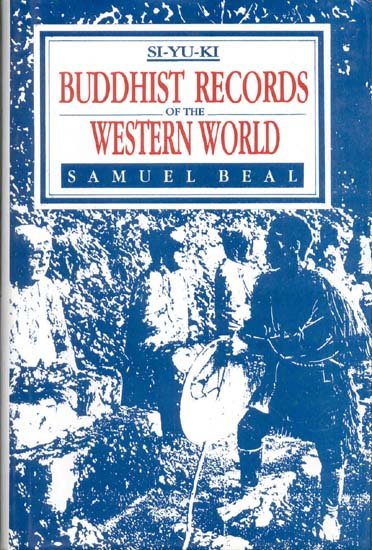Buddhist records of the Western world (Xuanzang)
by Samuel Beal | 1884 | 224,928 words | ISBN-10: 8120811070
This is the English translation of the travel records of Xuanzang (or, Hiuen Tsiang): a Chinese Buddhist monk who traveled to India during the seventh century. This book recounts his documents his visit to India and neighboring countries, and reflects the condition of those countries during his time, including temples, culture, traditions and fest...
Chapter 8 - Cleanliness, Ablutions, etc. of India
They are very particular in their personal cleanliness, and allow no remissness in this particular. All wash themselves before eating; they never use that which has been left over (from a former meal); they do not pass the dishes. Wooden and stone vessels, when used, must be destroyed; vessels of gold, silver, copper, or iron after each meal must be rubbed and polished. After eating they cleanse their teeth with a willow stick, and wash their hands and mouth.
Until these ablutions are finished they do not touch one another. Every time they perform the functions of nature they wash their bodies and use perfumes of sandal-wood or turmeric.
When the king washes[1] they strike the drums and sing hymns to the sound of musical instruments. Before offering their religious services and petitions, they wash and bathe themselves.
Footnotes and references:
[1]:
Julien translates "when the king is going out;" but in my copy it is as in the text.
